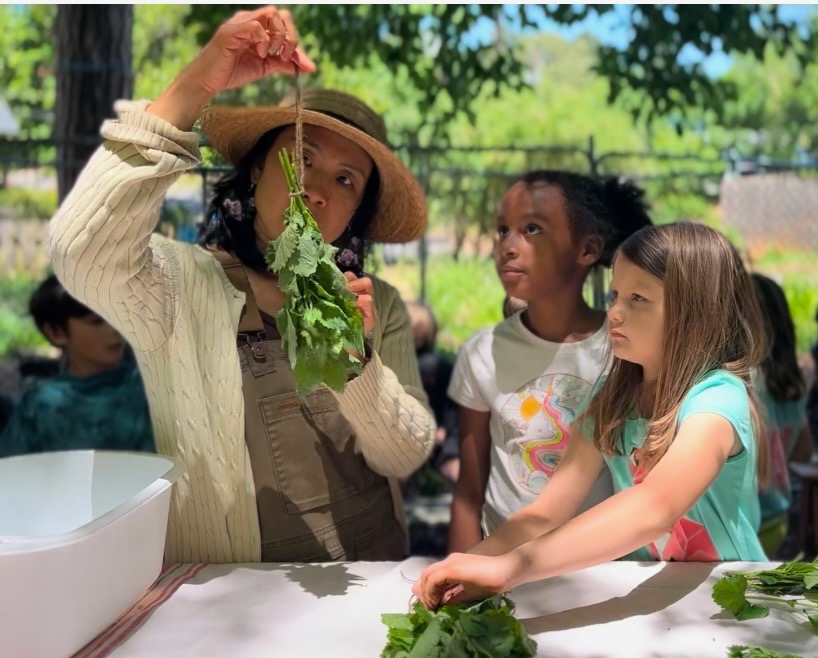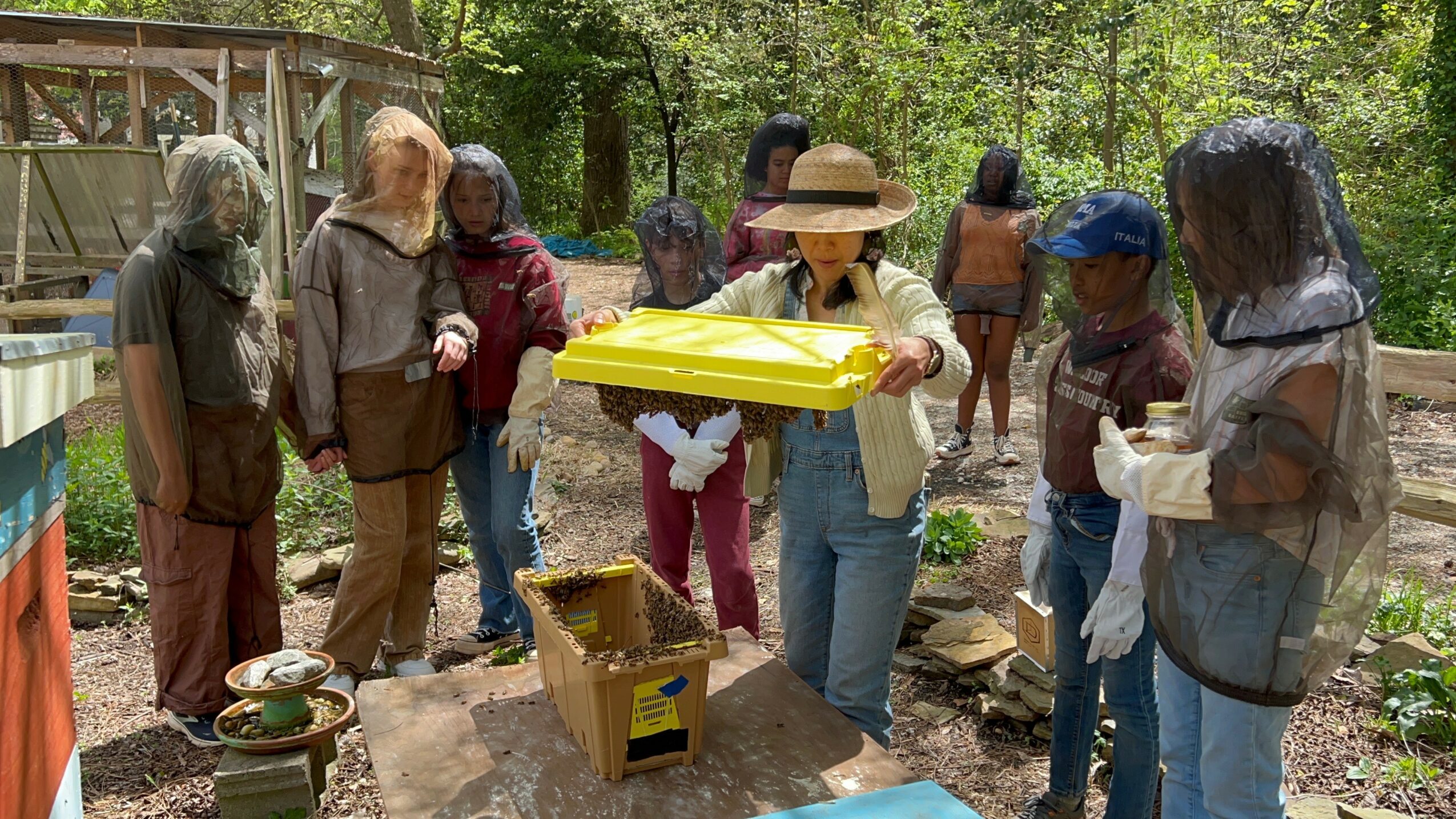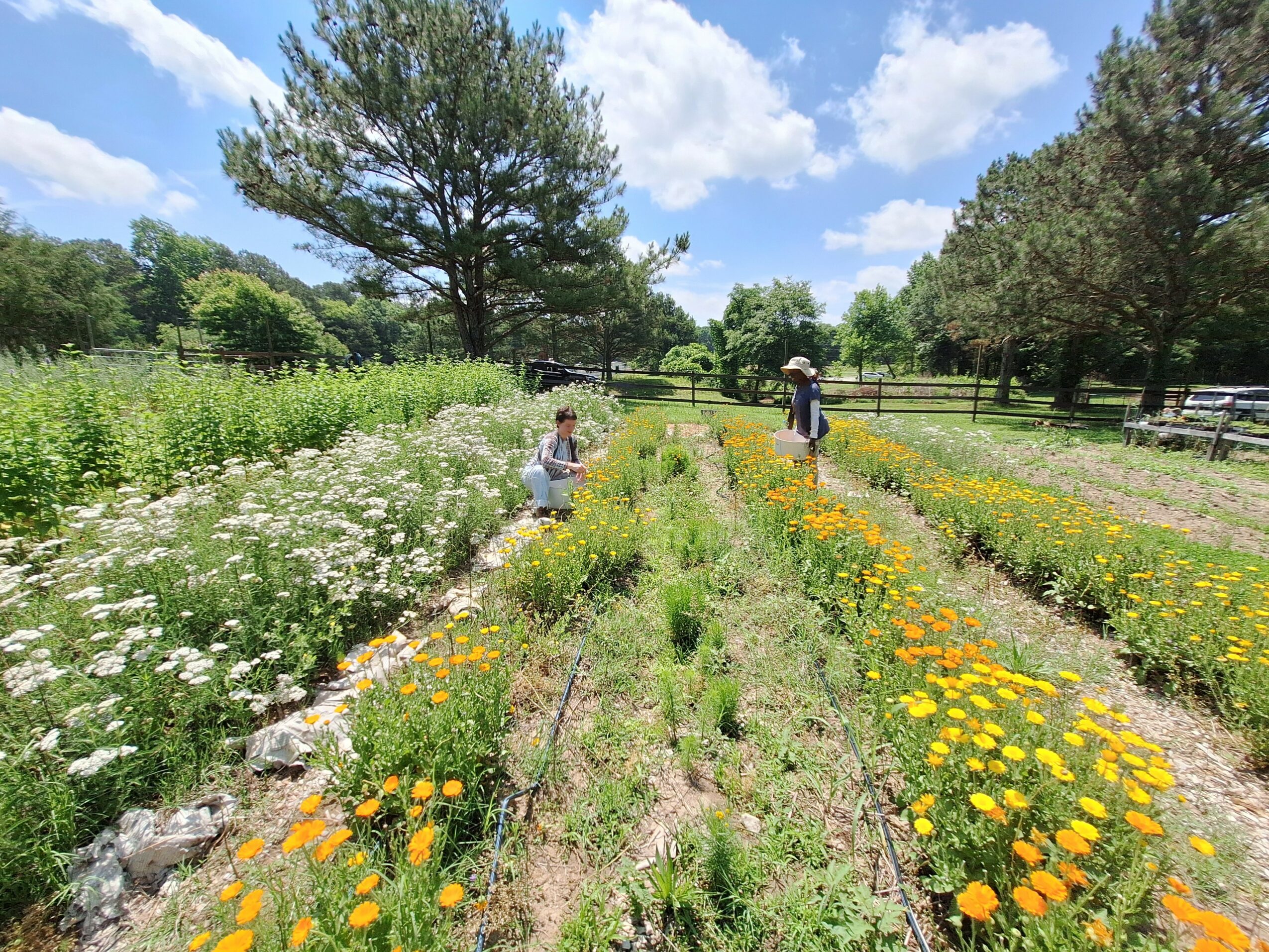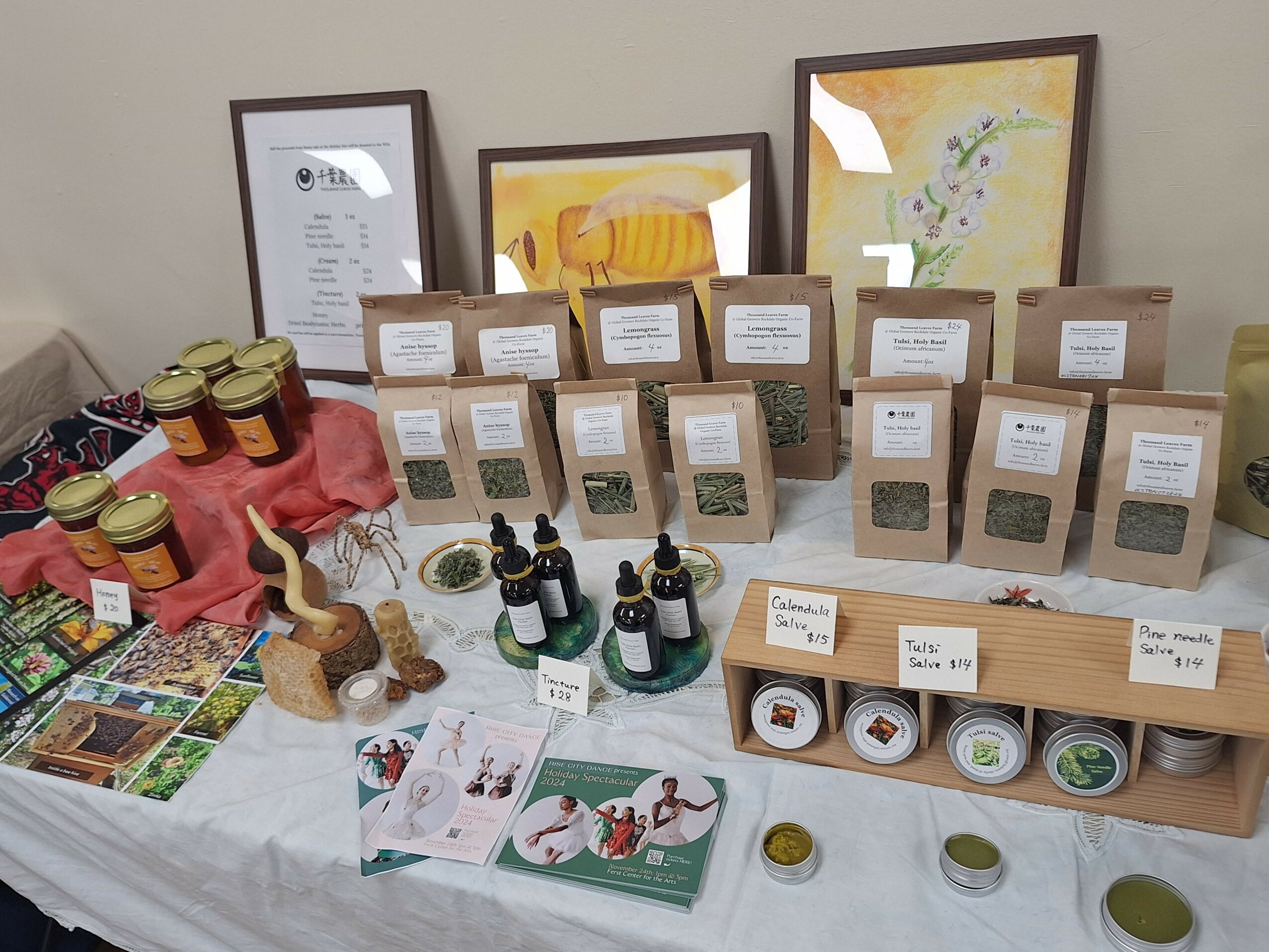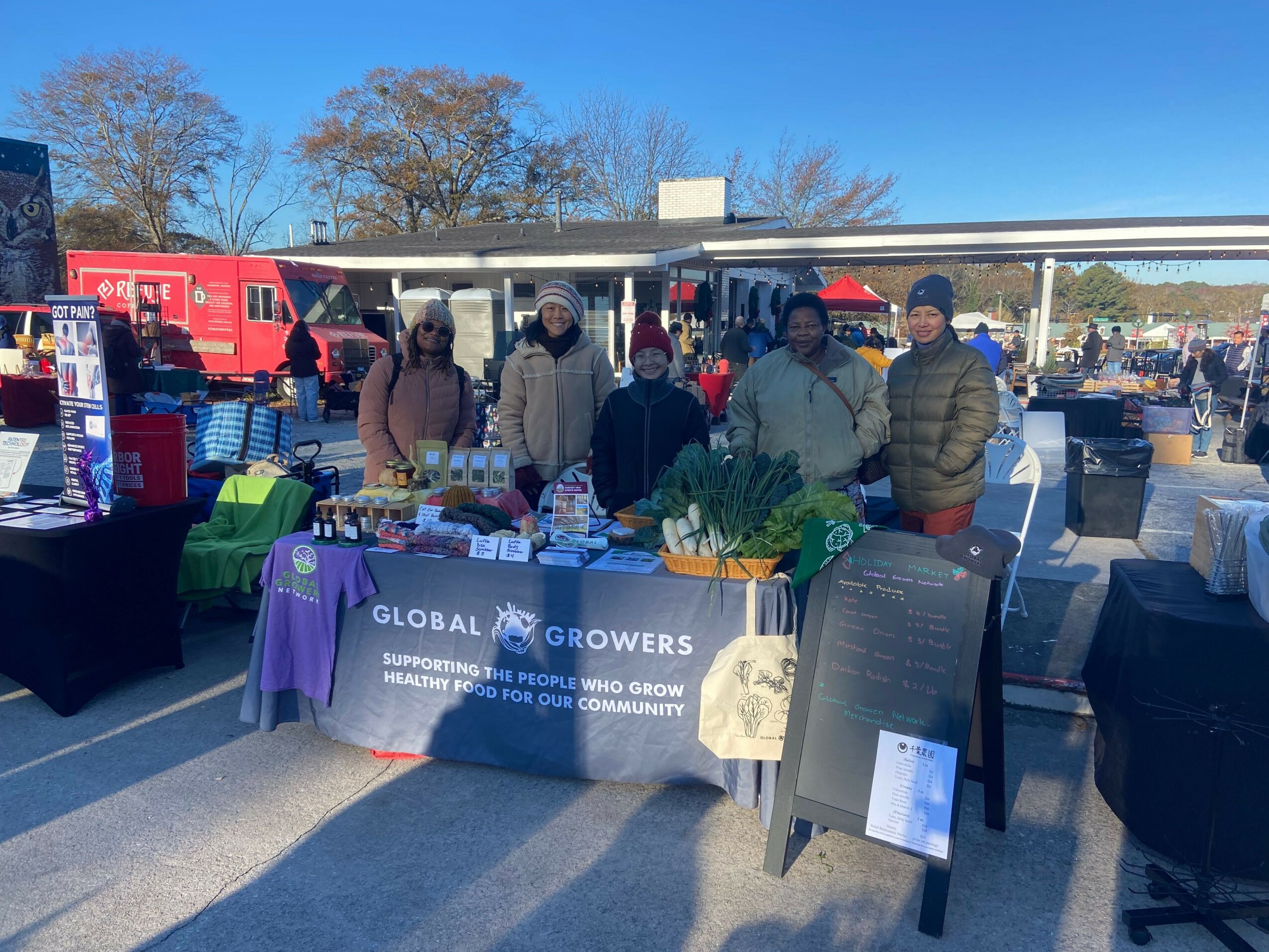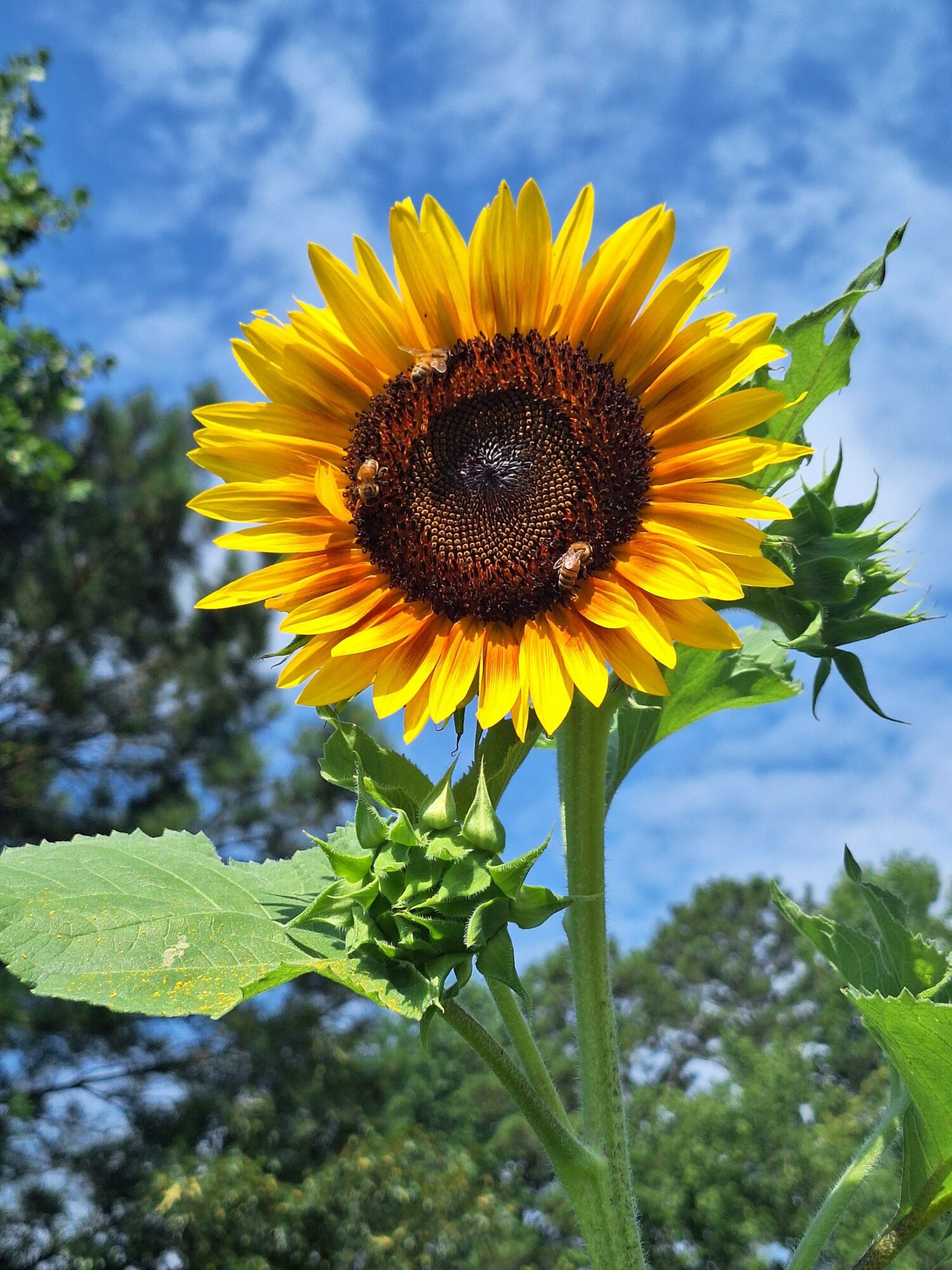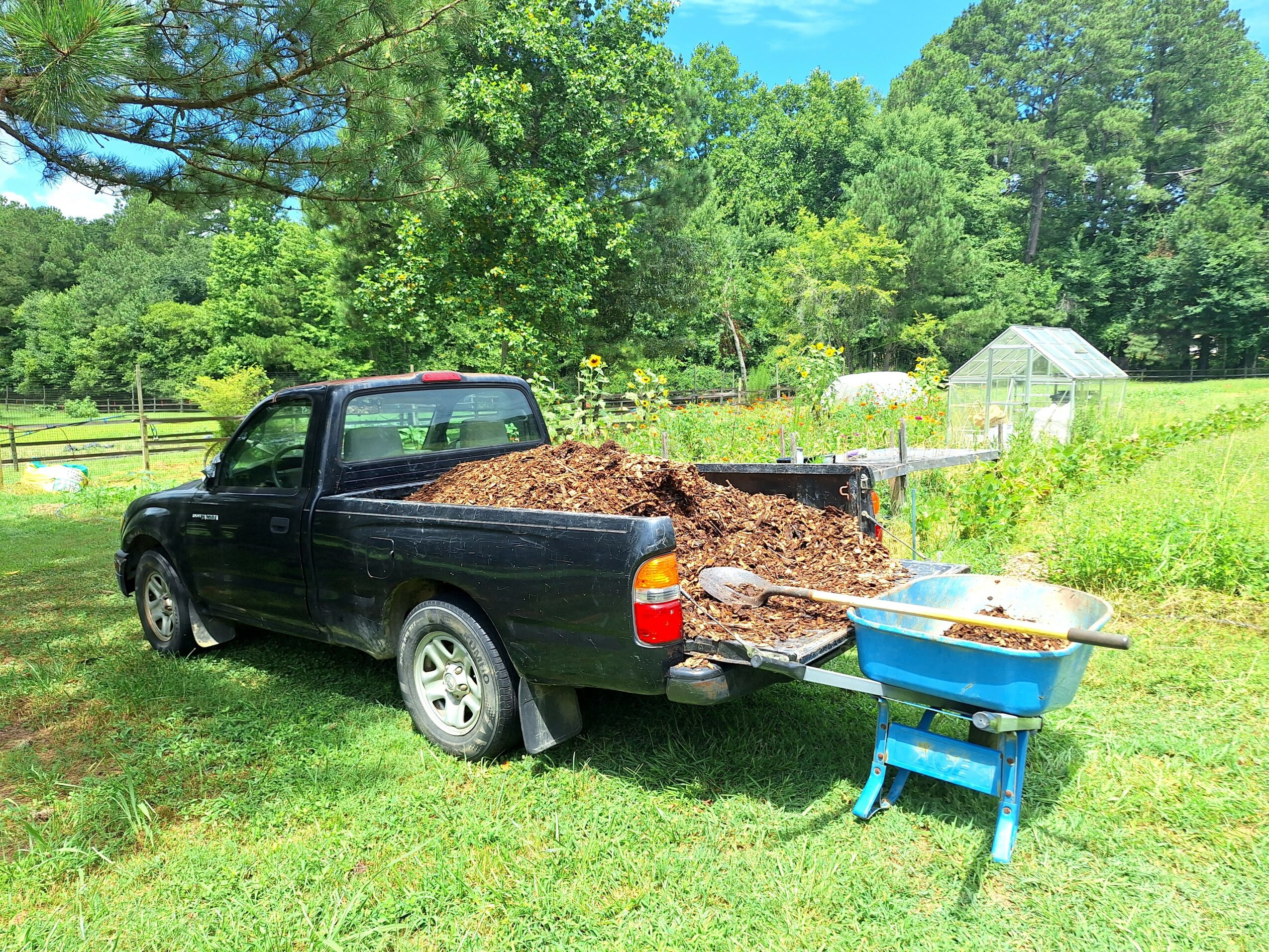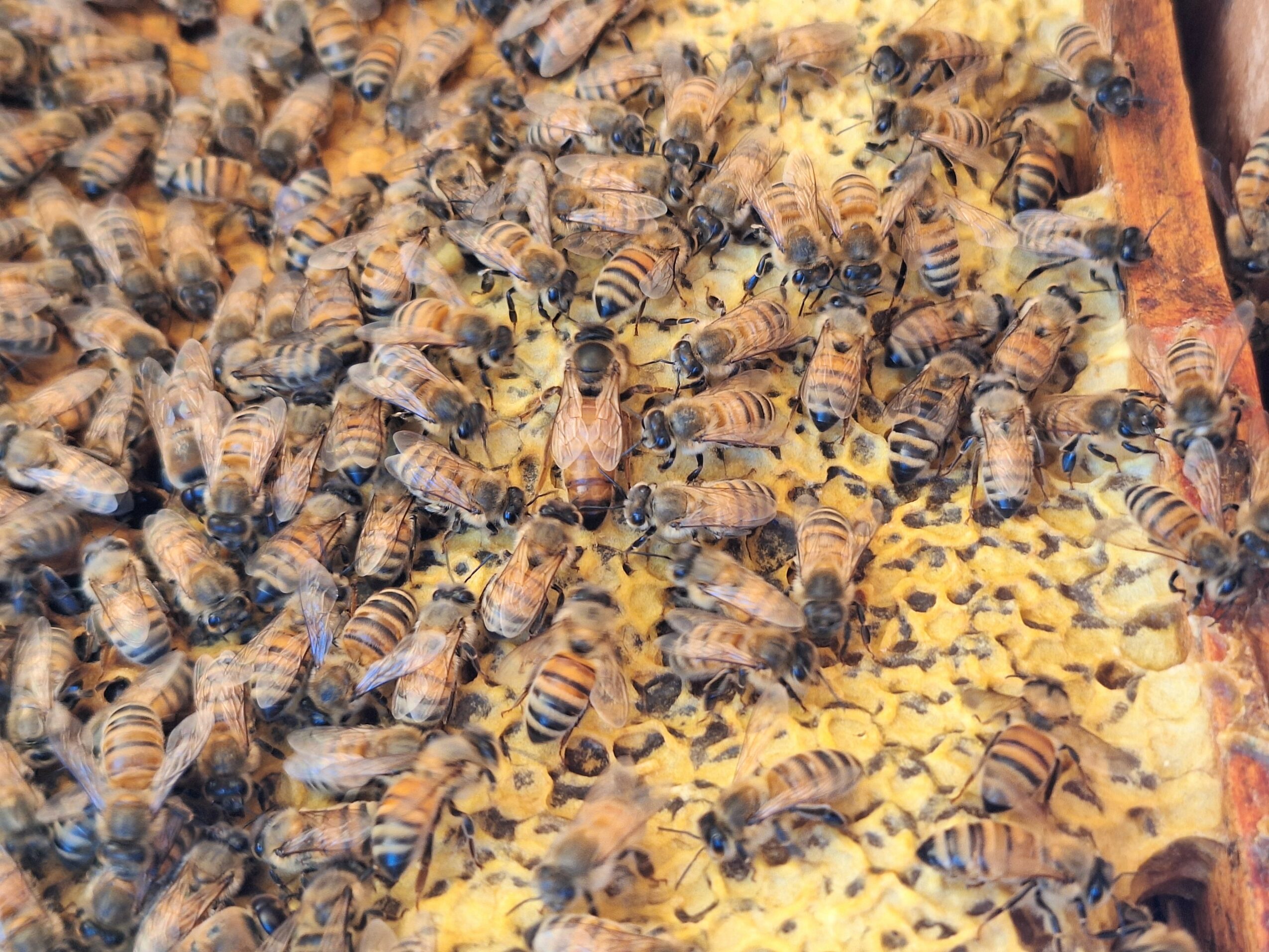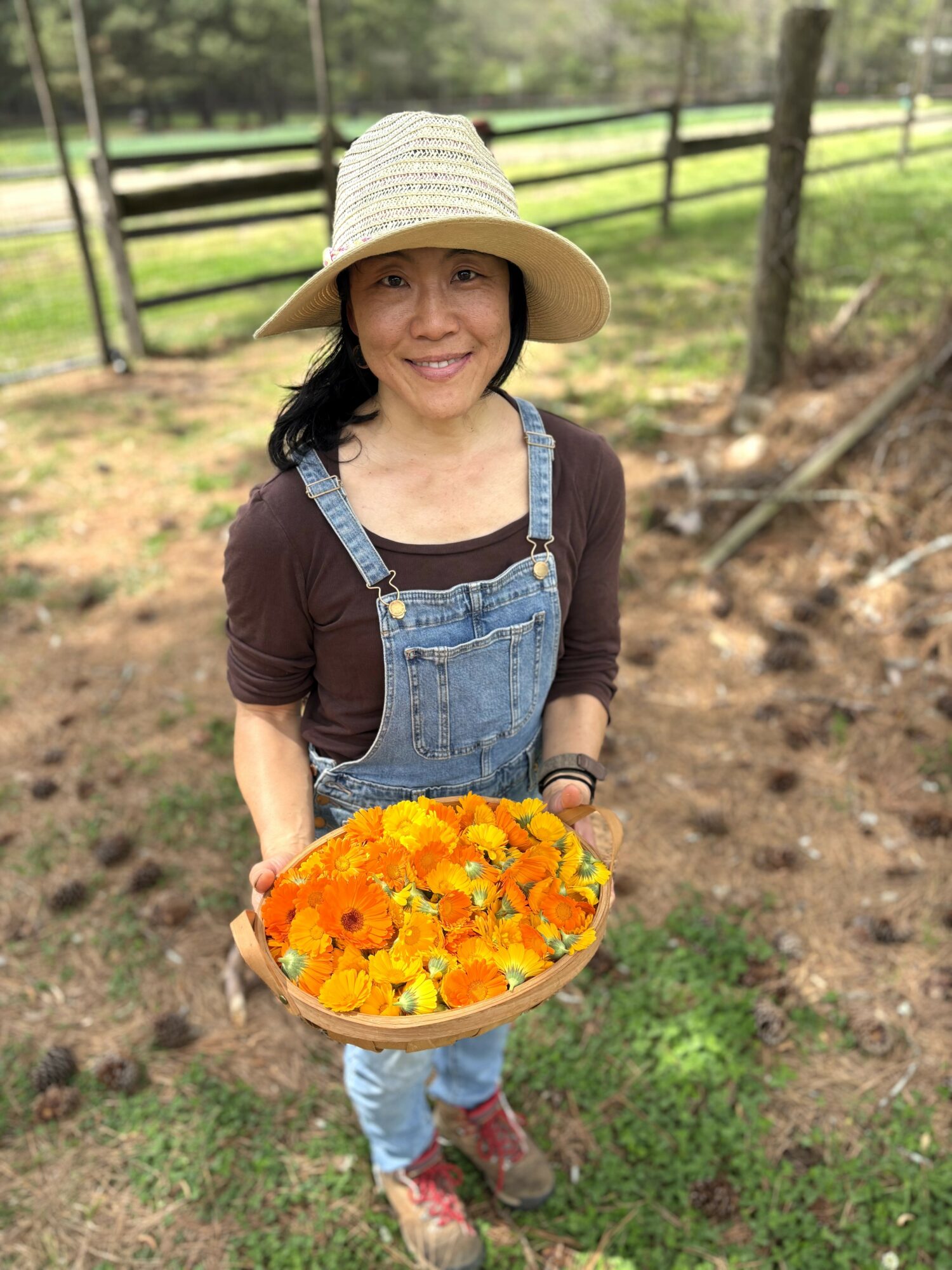

Today we’d like to introduce you to Miyuki Chiba Maruping.
Hi Miyuki, so excited to have you on the platform. So before we get into questions about your work-life, maybe you can bring our readers up to speed on your story and how you got to where you are today?
My first chapter of life took place in Japan. I was born in Tokyo and raised in Yokohama by a fairly typical family: a salary man dad, a stay-at-home mom, and an older brother.
My dad worked in the air cargo industry and traveled abroad frequently. Thanks to that, we were fortunate enough to take vacations to places like California, Fiji, Singapore, Korea, to name a few. Exposure to the world at a young age truly helped broaden my perspective. I am not who I am today without all the travel experiences my dad allowed me to have.
Mothers in Japan often play a supportive role, but they have a strong presence in the household. My mother has stayed home after she got married and dedicated her life to ensure our wellbeing. Cooking is her way of expressing love, and sharing home cooked meals together as family was almost a ritual to us.
I went to school in Japan from kindergarten all the way to college. What is most memorable about my time as a student is definitely the school lunch (kyusyoku). Lunch time is considered a part of education in Japan. In my elementary school, lunch was prepared every day from scratch in the school kitchen. At the ring of the bell, a group in charge lined up and walked to the school kitchen to receive food, while the rest set up the serving area and our own desks. Once the group is back with food, they dished out for the classmates and class teacher. Once everyone was seated at their desk with food, we blessed the food together by saying, “Itadakimasu.”. The class teacher was present and supervised the process, but by the time we were in upper grades, we ran the show pretty much on our own. When we were done, we said, “Gochiso samadeshita.” (“Thank you for the feast.”) in unison, and cleaned up together before going outside for afternoon recess.
I didn’t realize that I was learning anything back then because everything about kyushoku was fun, but it taught me to eat well, appreciate where food comes from and not waste it.
My favorite childhood memory is the time I spent at my grandmother’s in northern Japan. It is a small village surrounded by rice fields. My cousins and I spent hours exploring the neighborhood, catching craw fish and minnows, chasing dragonflies and butterflies and swimming in a creek. We enjoyed summer vegetables from grandma’s garden (her corn is the sweetest!). Family reunion was a busy time for female adults. My grandma, aunts and mom spent almost all day planning the menu, shopping and cooking three meals for us. The time spent in Iwate was truly a magical experience filled with wonder in nature, family love, good food and cultural celebrations.
Even though I knew what good food tasted like, I was an urban child and I had no clue how to grow plants. Fast forward to young adult days, I had the chance to see the developing world through family connections and my work in Fair Trade. There I saw how common it was for people to grow their own food in their backyard. I started gardening myself and quickly learned how empowering it was.
My hobby gardening became a profession when I took on a position as a Gardening teacher at The Waldorf School of Atlanta. For the six years I was there, I strived to create a space where the children could have a magical experience like I did in Iwate. That was when I learned beekeeping and growing herbs. I developed a curriculum for middle school students to run a seed-to-table cottage business by growing medicinal herbs and selling products to raise funds for the gardening program. My interest in starting my own medicinal and bee farm operation grew out of this initiative.
I currently run a micro scale organic/biodynamic medicinal herb and bee farm called Thousand Leaves Farm. The farm is based at Rockdale Organic Co-Farm owned and operated by Global Growers Network. GGN is a network of 200+ growers who grow fresh food from many agricultural heritages.
I’m sure it wasn’t obstacle-free, but would you say the journey has been fairly smooth so far?
Distance to the farm is most challenging to me. In an ideal world, a farmer needs to live on the land where she farms so she can be attentive to the needs of the land. I definitely feel the physical disconnection from the land because I live 30 miles away from the farm. Despite that, I still feel fortunate to have access to all that I need to start a small farming operation at Rockdale Organic Co-Farm thanks to Global Growers. I am optimistic that as community, we can support one another to be good stewards of the land.
We’ve been impressed with Thousand Leaves Farm, but for folks who might not be as familiar, what can you share with them about what you do and what sets you apart from others?
I am currently growing a micro scale organic/biodynamic medicinal herb and bee farm called Thousand Leaves Farm. I named my farm after my maiden name “Chiba”, which means “thousand leaves” in Japanese. I used my family’s crest, which is the moon and a star, in my farm logo. This is important to me because I wish to continue to carry my cultural heritage and childhood experience in my work. While I support my customers’ wellbeing by offering vibrant and nourishing medicinal herbs and bee products, I also hope to create a small sanctuary to welcome pollinators and visitors. I implement a Biodynamic approach in my farming, which is a holistic, ecological and ethical way of supporting the Earth’s healing and resilience. My best seller is honey. I care for my honeybees in as bee-centric a way as possible, by growing forage plants throughout the year and by observing their needs closely. When they need feeding, I make “bee tea”, which is made with honey and herbal tea to boost their immune system. I learned this method of beekeeping from a Biodynamic honeybee sanctuary called Spikenard Farm Honeybee Sanctuary in Floyd, VA.
The farm is based at Rockdale Organic Co-Farm owned and operated by Global Growers Network. GGN is a network of 200+ growers who grow fresh food from many agricultural heritages. What drew me to join GGN as a farmer is the co-farm approach that they take; the land is leased for an affordable price for beginner farmers faced with barriers for land access, tools and resources are shared among the co-farmers, and the farm team provides technical support and marketing opportunities for us. I am proud to be part of this initiative because, as I experience firsthand working in my tiny but huge ¼ acre plot, farming is a communal activity. It takes many hands for a seed to reach your table as food. Currently, there are 9 farming businesses of various levels of experience registered at our co-farm. As we navigate ourselves as farmers, we are also striving to form a community of support and solidarity.
What has been the most important lesson you’ve learned along your journey?
– As in Goethe’s quote, “Whatever you can do or dream you can, begin it. Boldness had genius, power and magic in it.”
– Life is a journey. The key to success is to continue what you do, then grow will come out of your striving.
– Lean on others for help. We individually carry our own unique superpower. We form deeper relationships when we are honest with our needs and help one another.
– Yin and Yang/balance. For us to be out in the world to do meaningful work, we need to cultivate a rich inner life.
Pricing:
- Honey 1.5oz $3.75
- Honey 4oz $9
- Honey 11oz $22
Contact Info:
- Website: https://thousandleavesfarm.square.site/ and https://www.globalgrowers.org/
- Instagram: @1000leavesfarm, @globalgrowers
